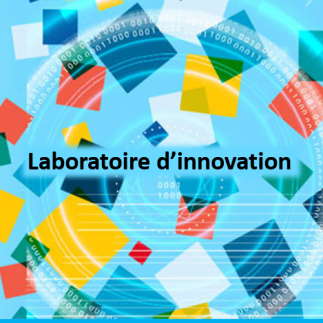La communauté d’échanges entre scientifiques des données et scientifiques de la santé reçoit :
Sara Mostafavi
University of British Columbia
Faculté de médecine, département de génétique médicale
Pour inscription : https://forms.gle/GXEcgCBX2QU2kALK9
Résumé de la conférence: The recent availability of diverse genome-wide assays, including ATAC-Seq, ChIP-Seq, and RNA-Seq, now enables researchers to quantify, at a high resolution, the cellular and context-specific activity of every segment of DNA. Combining genetic data with these other genomics assays provide an opportunity to a) decode DNA, for example by inferring the sequence code underlying functional differences between cell types within an individual, and b) predict the impact of variation in a given base of DNA on cellular function. However, interpreting this data to extract biological insights requires disentangling meaningful, and hence reproducible and consequential associations, from mere correlations (i.e. spurious associations). In this talk, I will present statistical and machine learning approaches for integrating heterogeneous data, in order to find robust associations. First, focusing on the task of finding associations between genetic variation and cellular (expression) traits in a population-based study, I will review methods for inferring and accounting for hidden confounding factors and then will describe new approaches based on latent variable modeling to infer context-specific associations. Second, I’ll describe our efforts in using deep learning approaches for combining genetic and ATAC-Seq data across a large set of immune cells to learn non-coding motifs across the genome.
Sara Mostafavi is a computational biologist who seeks to understand the interrelationship between genotype and phenotype in the context of common human clinical traits. In particular, her interest lies in developing and applying statistical and machine learning techniques to study the genetic basis of complex diseases, by combining association evidence across multiple genome-wide data sources, such as gene expression and genotype data, and by modelling prior biological pathways and networks for disentangling spurious from meaningful correlations.
La conférence, offerte en anglais, sera suivie d’une activité de réseautage dans le Hall d’honneur.
Au plaisir de vous compter parmi nous!
Margarida Carvalho
Sébastien Lemieux
Joseph Paul Cohen
Co-organisateurs de la communauté d’échanges

